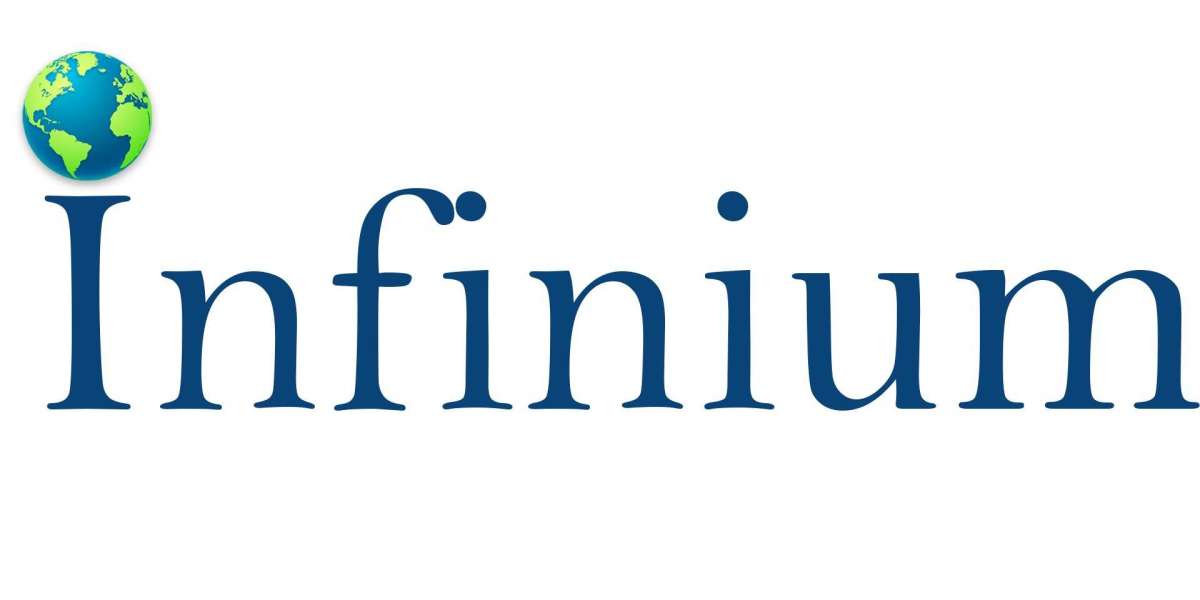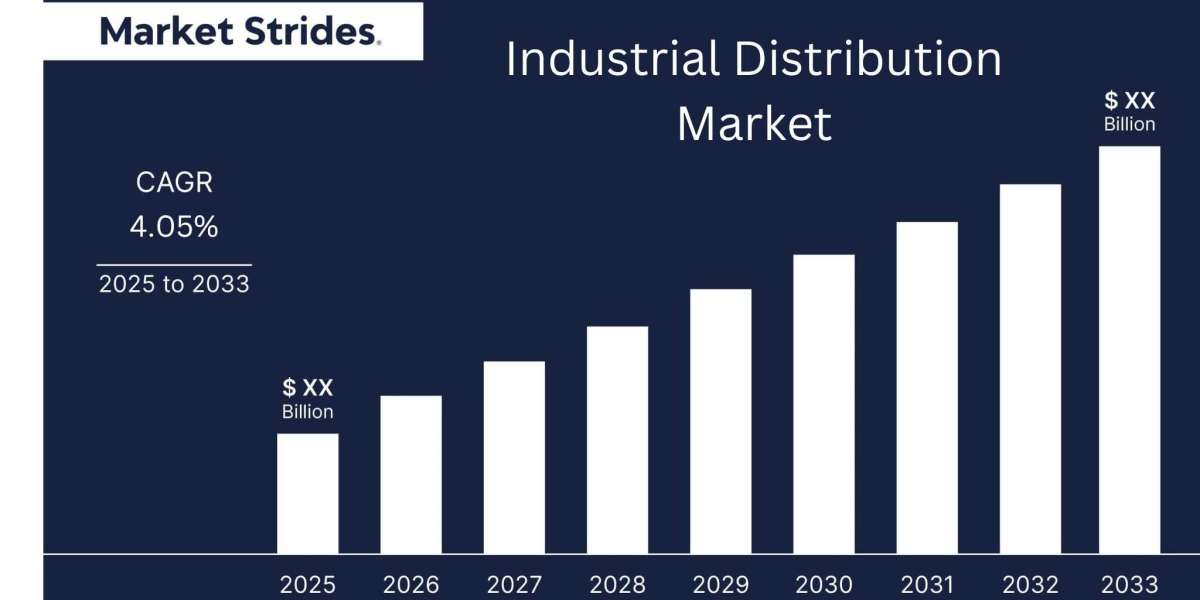Market Dynamics:
Drivers:
- Technological Advancements: Innovations such as IoT integration and real-time data analytics drive the demand for smart electricity meters.
- Government Regulations and Incentives: Policies promoting energy efficiency and smart grid initiatives support market growth.
- Increasing Energy Demand: The need for better energy management due to rising energy consumption boosts adoption of smart meters.
- Consumer Awareness: Growing awareness about energy conservation and cost-saving benefits encourages the installation of smart meters.
Challenges:
- High Initial Costs: The cost of smart electricity meters and the associated infrastructure can be a barrier for widespread adoption.
- Data Security Concerns: The collection and transmission of sensitive data raise privacy and security issues.
- Integration Issues: Challenges in integrating smart meters with existing infrastructure can complicate deployment.
- Resistance to Change: Resistance from consumers and utility companies to switch from traditional meters to smart meters can hinder growth.
Opportunities:
- Emerging Markets: Expanding into developing regions with growing energy needs presents new growth opportunities.
- Technological Integration: Opportunities exist in integrating smart meters with advanced technologies like AI and machine learning for enhanced functionality.
- Enhanced Customer Solutions: Offering value-added services such as detailed usage reports and energy-saving recommendations can attract more customers.
- Government Initiatives: Leveraging government incentives for smart grid projects can boost market adoption.
Regional analysis:
- North America: Dominates the market due to early adoption of smart grid technologies and supportive government regulations. Significant investments in infrastructure upgrades are expected to continue driving growth.
- Europe: Strong regulatory framework and focus on energy efficiency propel the market. The European Union’s initiatives and funding for smart grid projects contribute to market expansion.
- Asia-Pacific: Rapid urbanization and increasing energy demand drive market growth. Countries like China and India are investing heavily in smart grid infrastructure, creating substantial opportunities.
- Latin America: Growing energy consumption and government initiatives to modernize the grid provide opportunities for market growth.
- Middle East Africa: Although currently a smaller market, increasing investments in energy infrastructure and smart grid technologies present future growth potential.
Sample pages of Report: https://www.infiniumglobalresearch.com/reports/sample-request/929
Market Segmentation:
By Component:
- Smart Meters
- Communication Modules
- Data Management Systems
- Others
By End-User:
- Residential
- Commercial
- Industrial
By Communication Technology:
- RF (Radio Frequency)
- PLC (Power Line Communication)
- Cellular
- Others
Competitive Landscape:
Market Share of Large Players:
- Large companies such as Siemens, Landis+Gyr, and Itron hold significant market share due to their extensive experience, technology, and global reach.
Price Control:
- Large players often have the leverage to influence pricing due to economies of scale and established market presence. However, prices are also influenced by regional regulations and competition.
Challenge from Small and Mid-Sized Companies:
- Small and mid-sized companies often focus on niche markets or innovative technologies to compete. In domestic markets, they can offer cost-effective solutions and personalized services to challenge larger players.
Key Players:
- Siemens AG
- Landis+Gyr
- Itron, Inc.
- Schneider Electric
- Honeywell International Inc.
- Sensus (a Xylem brand)
- Elster Group (a Honeywell brand)
Report Overview : https://www.infiniumglobalresearch.com/reports/global-smart-electricity-meters-market
Future outlook:
Impact of New Product Development:
New product development plays a crucial role in maintaining competitive advantage and meeting evolving consumer needs. Innovations in smart meters, such as enhanced data analytics and integration with other smart devices, help companies stay ahead.
Targeting Young Consumers:
Companies are increasingly targeting younger consumers who are more tech-savvy and environmentally conscious. Marketing strategies often emphasize the benefits of smart meters for energy management and cost savings, appealing to this demographic.
Sustainability of Products:
Sustainable and energy-efficient products are gaining traction among consumers who prioritize environmental impact. Companies that offer eco-friendly solutions and emphasize sustainability in their marketing strategies tend to build stronger customer loyalty.
Conclusion:
The Smart Electricity Meters Market is poised for significant growth driven by technological advancements, regulatory support, and increasing consumer awareness. While challenges such as high initial costs and data security concerns exist, the opportunities presented by emerging markets and technological integration offer promising prospects. The competitive landscape is dominated by major players, but smaller companies are making strides by focusing on innovation and niche markets. The future outlook indicates that ongoing product development and targeted marketing strategies, especially towards younger consumers, will play a crucial role in shaping the market’s trajectory. Emphasizing sustainability will further enhance consumer appeal and drive market expansion.



